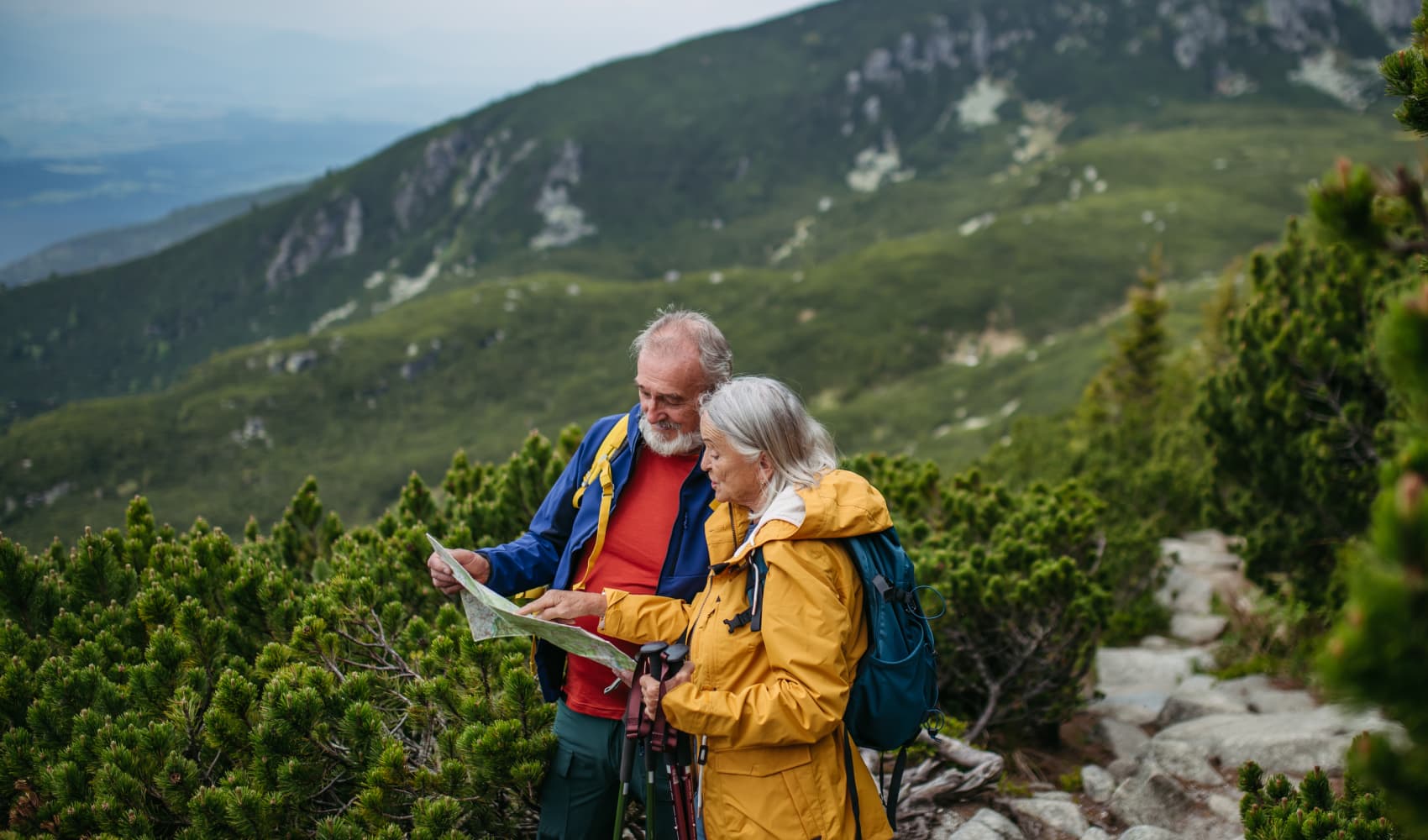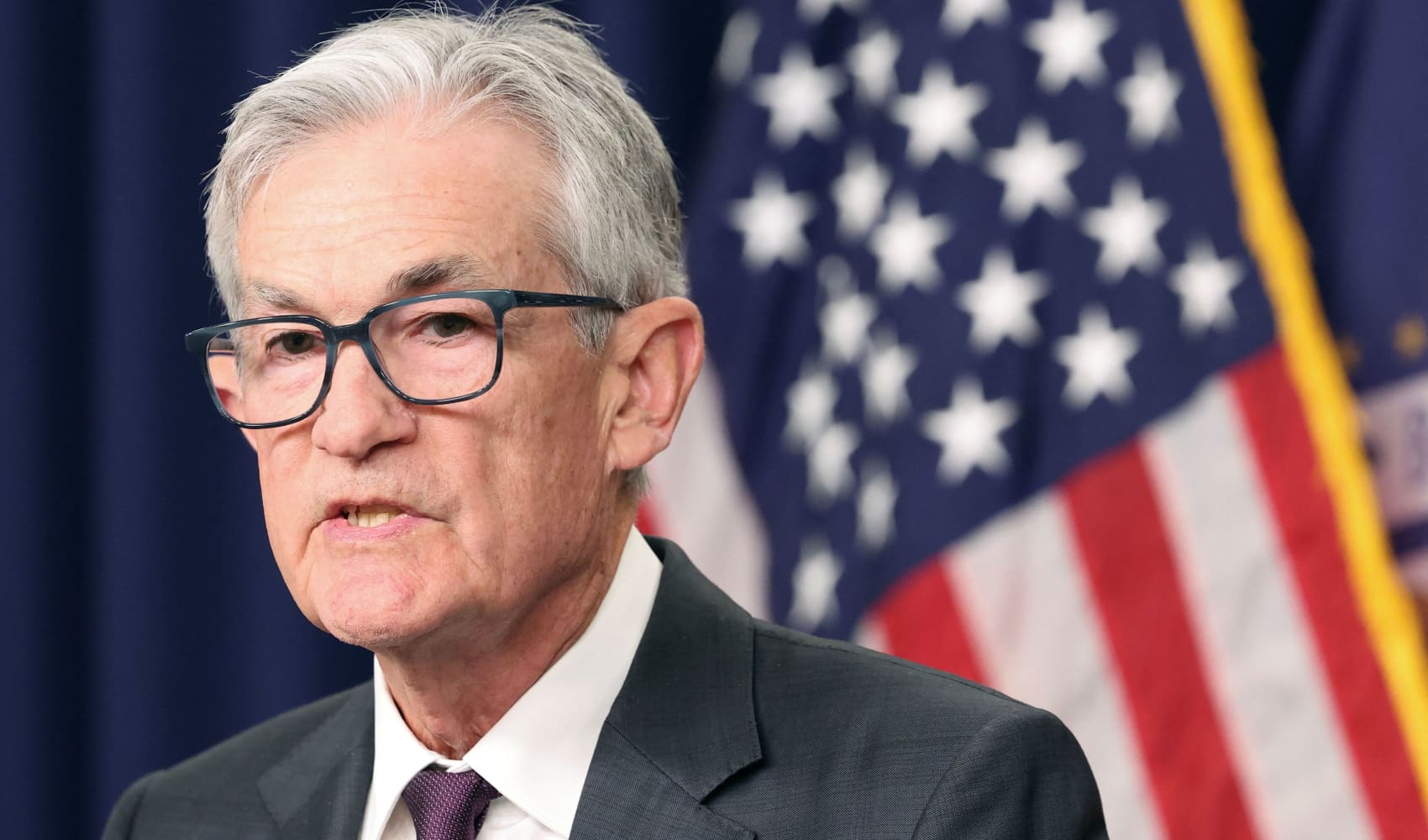
Cooling towers at a nuclear power plant in Slovakia. Nuclear power is likely to be discussed in great detail at the COP28 climate change summit in Dubai, United Arab Emirates.
- Nuclear power is set to be a hot topic during discussions at COP28 in Dubai.
- Of particular interest to observers will be a ministerial event called "Atoms4NetZero" on Dec. 5.
- The debate around nuclear power and its role in the planet's shift to a more sustainable future is often polarizing.
The role that nuclear power should play in creating a more sustainable future has long provoked strong feelings — among advocates and critics alike.
It's set to be a hot topic at the COP28 summit in Dubai, which begins this week. There are reports that there will be a concerted effort to get behind a big increase in nuclear capacity from now to 2050.
Of particular interest to observers will be a ministerial event called "Atoms4NetZero" on Dec. 5. Co-hosted by the International Atomic Energy Agency and the COP28 presidency, the event will "announce the IAEA Statement on Nuclear Power," according to the COP28 website.
Get Tri-state area news delivered to your inbox. Sign up for NBC New York's News Headlines newsletter.
That, it adds, reflects the "critical role of nuclear in the net zero transition."
Atoms4NetZero was namechecked by the World Nuclear Association in September when it announced the launch of an initiative called "Net Zero Nuclear," which aims to triple the planet's nuclear capacity by the middle of the century.
In a statement issued alongside that announcement, Rafael Mariano Grossi, the IAEA's director general, stressed the importance of the coming climate summit.
Money Report
"Building on the efforts made during COP 26 and COP 27, nuclear energy will feature even more prominently at COP28," he said.
"As more nations understand the role nuclear can play in achieving energy security and decarbonisation targets, global support for nuclear energy is growing," he added.
The IAEA, for its part, will also have its own "Atoms4Climate" pavilion at COP28, where it says it will "showcase how nuclear technology and science are addressing the twin challenge of climate change mitigation and adaptation."
A major debate
In a sign of how polarizing the debate around the subject can be, this month, the leader of Germany's center-right Christian Democratic Union lamented his country's move away from nuclear power after the closure of its last three plants in April 2023.
"The German government took a decision which was in our view absolutely wrong, a strategic mistake to get out of nuclear," Friedrich Merz told CNBC's Annette Weisbach.
Merz — whose party is not in the coalition government led by Chancellor Olaf Scholz — said rather than focusing only on wind and solar, "all energy sources" need to be utilized.
"The energy supply — for this country, for our industry — is decisive for our competitiveness," he went on to state.
High-profile figures in the German government do not share Merz's viewpoint.
"The phase-out of nuclear power makes our country safer; ultimately, the risks of nuclear power are uncontrollable," Steffi Lemke, Germany's federal minister for the environment and nuclear safety, said in April.
"We now face decades full of challenges before we can safely and responsibly dispose of our nuclear legacy," she later added.
"But switching off the final three nuclear power plants will usher in a new era in energy production."
This kind of analysis — that nuclear is not the answer — is shared by environmental organizations like Greenpeace.
"Nuclear power is touted as a solution to our energy problems, but in reality it's complex and hugely expensive to build," its website says. "It also creates huge amounts of hazardous waste."
"Renewable energy is cheaper and can be installed quickly," it added. "Together with battery storage, it can generate the power we need and slash our emissions."
While Germany — Europe's largest economy — has moved away from nuclear, other countries are looking to expand their capacity.
They include the U.K., which says it wants to deliver as many as 24 gigawatts by 2050, and Sweden, which is looking to construct new reactors.
France, a major player in nuclear power, is also planning to increase its number of reactors.
Energy markets are still affected by the shocks from Russia's full-scale invasion of Ukraine in February 2022, and discussions about nuclear power are not going away anytime soon.
"Amid today's global energy crisis, reducing reliance on imported fossil fuels has become the top energy security priority," noted the International Energy Agency, viewed by many as a leading authority on the energy transition.
"No less important is the climate crisis: reaching net zero emissions of greenhouse gases by mid-century requires a rapid and complete decarbonisation of electricity generation and heat production," it added.
"Nuclear energy, with around 413 gigawatts (GW) of capacity operating in 32 countries, contributes to both goals by avoiding 1.5 gigatonnes (Gt) of global emissions and 180 billion cubic metres (bcm) of global gas demand a year."






